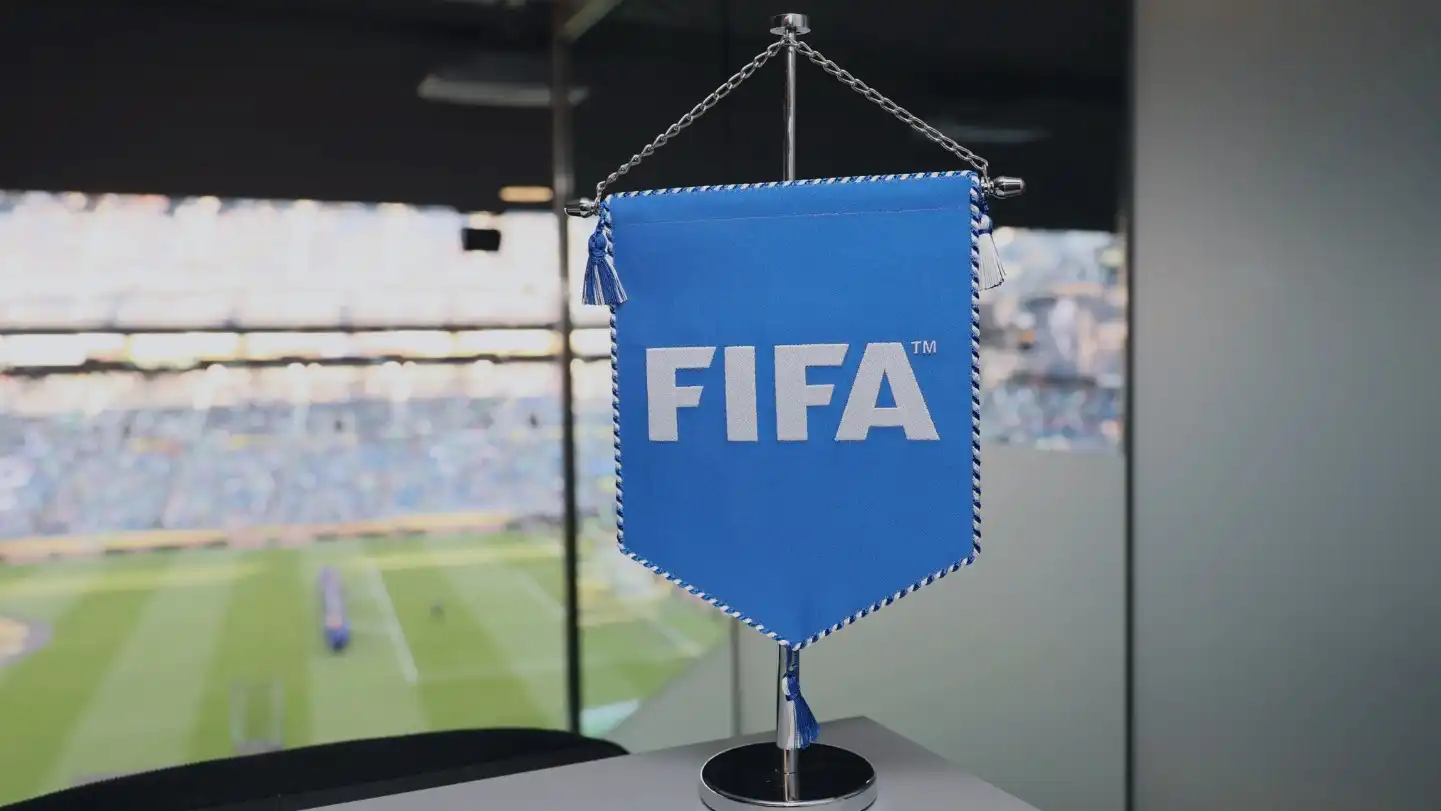The Beautiful Game's Ugly Truth: FIFA's Dance Between Development and Dilemma
Muhe - Saturday, 02 August 2025 | 08:00 AM (WIB)


When the Whistle Blows on Human Rights
But here’s where the script takes a bit of a dark turn. Beneath the glittering trophies and the roaring stadiums, a less glamorous reality often bubbles to the surface. FIFA, for all its talk of global unity, has found itself repeatedly caught in a thorny thicket of controversy, particularly concerning human rights issues in countries chosen to host its flagship events. It’s a peculiar dance, this tightrope walk between the promise of football development and the very real humanitarian challenges that often accompany the astronomical costs and rapid transformations needed for a World Cup.Take the 2022 World Cup in Qatar, for instance. Oh, boy, where do we even begin? The desert nation, small but mighty with its oil wealth, pulled off a spectacular tournament on the pitch. The stadiums were state-of-the-art, the fan zones vibrant, and the matches, for the most part, absolutely riveting. But off the pitch, a cloud of truly heartbreaking allegations hung heavy in the air. We're talking about the treatment of migrant workers, folks from Nepal, India, Bangladesh, and other nations, who toiled under extreme conditions to build the very infrastructure that made the tournament possible. Reports of shockingly high death tolls, unsafe working environments, and exploitative labor practices became the elephant in the room that even the loudest vuvuzelas couldn't drown out.It wasn't just about the physical toll either. Concerns about LGBTQ+ rights, freedom of expression, and women's rights in Qatar were also loud and clear, especially from Western media and activist groups. For many fans, the idea of celebrating the "beautiful game" felt profoundly uncomfortable when juxtaposed with these stark realities. You could almost hear the collective sigh of relief from FIFA when the focus shifted back to the actual football, but the questions remained: At what cost does this development come? And who truly bears the burden?The "Sport Not Politics" Mantra: A Convenient Dodge?
When confronted with these criticisms, FIFA's typical playbook involves a well-worn phrase: "Sport should not be mixed with politics." It’s a convenient dodge, really. They argue that by bringing the World Cup to diverse nations, they act as a catalyst for positive change, encouraging dialogue and leaving behind a legacy of improved infrastructure and experience. They’ll point to promises of labor reforms, or the "soft power" of sport bringing cultures together. And sure, sometimes there are genuine, albeit often slow, reforms. But is it enough?The truth is, when a global event of this magnitude, one that commands billions in revenue and captivates billions of eyeballs, lands in a country, it instantly becomes a geopolitical statement. The lines between sport, politics, and economics become so blurred they practically vanish. The choice of host nation is inherently political, a nod of approval, whether intended or not, to that country's government and its policies. And when a governing body like FIFA takes a massive chunk of change to stage its event in a place with a questionable human rights record, it sends a powerful message, one that arguably overshadows any "catalyst for change" narrative.The Fan's Dilemma and the Road Ahead
This leaves football fans worldwide in a bit of a pickle. How do you reconcile your unwavering love for the game, the passion for your team, with the nagging awareness of the human cost? It's a moral tightrope, for sure. Many tried to compartmentalize, to just focus on the football. Others vocalized their dissent, boycotted, or used the platform to highlight the issues. This push-and-pull highlights a growing demand from the public, especially younger generations, for organizations like FIFA to embody more ethical standards, to truly put people before profit.So, where does FIFA go from here? The pressure is mounting for a more rigorous vetting process for future World Cup bids, one that genuinely prioritizes human rights and environmental sustainability, not just state-of-the-art stadiums and bottomless budgets. The idea of "sportswashing" — using major events to distract from abuses — is now firmly in the public consciousness, and it's getting harder for organizations to brush it under the rug. The jury is still out on whether FIFA will truly heed these calls or continue to prioritize expansion and revenue above all else.Ultimately, FIFA stands at a crossroads. It can continue to chase the dream of global football development, expanding its reach into every corner of the world, but it must confront the uncomfortable reality that this expansion often comes with a hefty humanitarian price tag. The beautiful game deserves a beautiful foundation, built on respect, dignity, and human rights, not on the exploitation of those who build its stages. The challenge isn't just about developing football; it's about developing a conscience. And that, my friends, is a game worth winning.
Liverpool vs Arsenal Prediction: Week 3 of the 2025/2026 Premier League
14 days ago

Rayo Vallecano vs. Barcelona Prediction: Week 3 of La Liga 2025/2026
14 days ago

Messi's Last Dance? The GOAT Hints at a Potential World Cup Farewell in 2026
15 days ago

Real Madrid vs Mallorca Prediction: Los Blancos Aim for Third Consecutive Win
15 days ago

West London Derby: Chelsea vs. Fulham Prediction, Week 3 Premier League Match
15 days ago

Manchester United vs Burnley Prediction: Tough Test at Old Trafford
15 days ago

The Roar of History: Why Almaty Ortalık Stadium Isn't Just a Venue, It's Kazakhstan's Heartbeat
15 days ago

Wayne Rooney’s Stark Warning: Can Manchester United Still Attract Elite Managers?
15 days ago

The End of the Road: Ole Gunnar Solskjaer's Turkish Adventure Concludes Abruptly at Besiktas
16 days ago

Argentina vs. Venezuela: Lionel Messi's Final Moments in Home?
16 days ago
